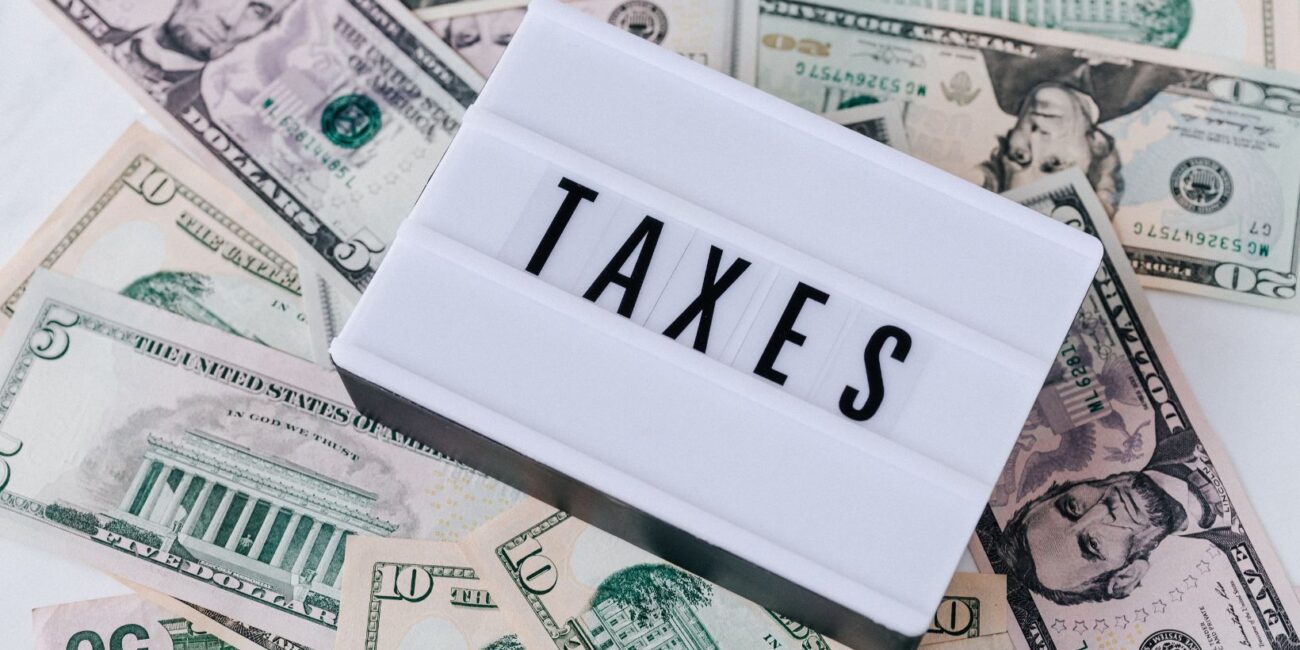There are few bigger markets in the world than the racehorse industry. That is evident by the sheer money on offer within the sport, especially at the highest level where some of the best runners on the planet will be competing in races with tens of millions of dollars.
Therefore, it is no surprise that it is a sector that many of the richest individuals look to get involved in.
Owning a racehorse can be one of the most adrenaline-pumping experiences, especially if you have a good one that is competitive in the world’s biggest races. But, how do taxes work if you own a racehorse, and how much could you expect to pay to the government?
Deductions for Owners
Owning a racehorse is very similar to owning a business, meaning that owners are able to offset the costs that associate to maintaining their equine star. That includes primary deductions that centre around the horse, which as vets care, training fees and transportation costs.
All of which are essential to maintaining the horse and ensuring that they are able to perform at the highest level. Therefore, there are deductible according to the IRS guidelines. Interestingly, owners of horses can also offset a significant amount for their horses in terms of payment to employees that look after their star. That includes grooms, stable hands, and trainers.

All of which can be deducted if they are proven to directly relate to your racing business. Travel expenses are also an incredibly popular deduction that many of the top owners look to take advantage of, especially if they own a horse that is good enough to travel overseas for major races across the globe. You can check the best races and tournaments here: https://www.twinspires.com/tournaments/
However, it is vital that all owners keep hold of all relevant information, such as records and receipts, to ensure that they can file these during a tax filing.
Income Reporting
One of the most important parts of financial life as a racehorse owner focuses around reporting the income received for their horse. This can come in the forms of winnings that have been picked up in races, or importantly, sales costs, which will be cost heavily on taxes just as they would on any other product.
Breeding fees are also included here, as when an owner will send their horse to stud and another party purchases their stallion, this is also seen as a purchase that must be taxed.
Due to the lucrative business of breeding, this is where the top operations across the world can make a lot of money, but it will also cut them in terms of the tax that they will be expected to pay.
Therefore, it isn’t surprising that many top operations such as Godolphin and Coolmoore both have operations in the Middle East where taxes are much lower than they are in the United States, Ireland and the United Kingdom.
Reporting income can often be complex, as prize money is typically taxed in the year that it is won, but a horse being sold is taxed after the transaction has been completed, which could take 12 months. It can make tax planning very difficult for leading owners, but high-class accountants are normally used to ensure that everything runs smoothly.
Business or Hobby?
One of the most confusing tax avenues to navigate revolves around the IRS hobby loss rules, which is a major concern for many of the owners. Mainly for small time owners that potentially have just one horse that they are owning to get closer to the sport.

The rules find it challenging to separate what is a business venture, and what is simply a hobby.
As some small owners will simply own a horse just to get out with friends on a weekend, this can be made slightly challenging for tax reasons. The IRS will consider a number of factors before making a ruling on these kinds of cases, including the expertise of the taxpayer themselves, and also taking into account the effort that the owner has put in for the horse.
For operations that are running their ownership as a business, they must demonstrate that they are in the sport to make money, and keep accurate records of their business plan that they are following to show that they can become profitable.
As mentioned previously, many business ventures within the sport can be shown through having multiple years of income-generating business activities, with breeding programmes being one of the most popular.
Do you Pay Tax when Selling a Racehorse?
The tax guidelines when selling a racehorse are pretty complex. Private sales will not be treated as a business income, meaning that there will be no tax implications. However, business sales will be treated as such, meaning that you will be forced to pay tax on the income received from the sale.



